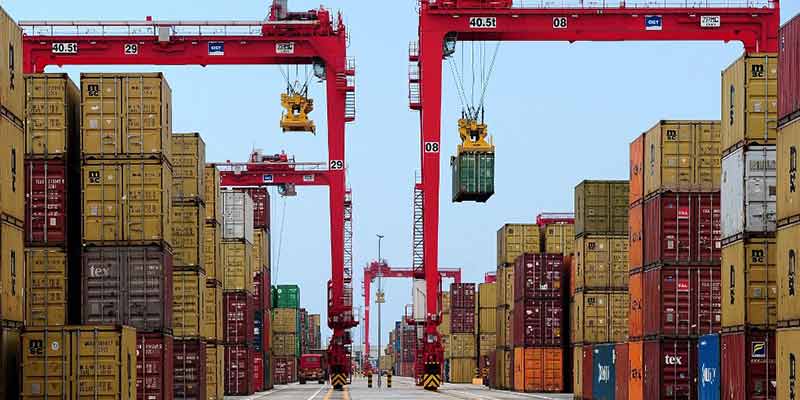- India
- Jan 21
Govt eases norms for certain sectors under EPCG scheme
• The government has announced a one-time relaxation from maintaining the average export obligation and an option to extend the export obligation period for certain sectors under the Export Promotion Capital Goods (EPCG) scheme.
• The latest relaxation will be available for hotel, health care, and educational sectors.
• For 2020-21 and 2021-22, these sectors will not be required to maintain the average export obligation for EPCG authorisations issued to them.
• These sectors will also have the option to extend the export obligation period for a longer duration without having to pay any additional fees.
Export Promotion Capital Goods (EPCG) scheme
• EPCG scheme is a trade promotion scheme implemented by the Indian government that allows duty-free import of capital goods for the purpose of export production in India.
• The objective of the EPCG scheme is to facilitate import of capital goods for producing quality goods and services and enhance India’s manufacturing competitiveness.
• Under the scheme, imports of capital goods are allowed duty free, subject to an export obligation.
• It is administered by the Directorate General of Foreign Trade (DGFT) and is governed by the Foreign Trade Policy of India.
Relaxation of norms
• Relaxation has been provided in light of the economic slowdown caused by the COVID-19 pandemic. This relief will help the hotel, health care and educational sectors to cope with the negative impact of the pandemic on their export activities.
• For EPCG authorisations issued for hotel, health care and educational sectors, the export obligation period would be extended from the date of expiry for the duration equivalent to the number of days the export obligation period falls within February 1, 2020 and March 31, 2022.
• This extension will be granted without payment of composition fees.
• For EPCG authorisations issued for sectors other than hotel, health care and educational, the export obligation period may be extended for the number of days the existing export obligation period falls within February 1, 2020 and July 31, 2021.
• In such cases, the extension will be granted without payment of composition fees, but with a 5 per cent additional export obligation in value terms on the balance export obligation as on March 31, 2022.
Directorate General of Foreign Trade (DGFT)
• Directorate General of Foreign Trade (DGFT) is an attached office of the ministry of commerce and industry. Right from its inception till 1991, when liberalisation in the economic policies of the government took place, DGFT has been essentially involved in the regulation and promotion of foreign trade.
• Keeping in line with policies of liberalisation and globalisation and the overall objective of increasing exports, DGFT has been assigned the role of a “facilitator”. The transition has been from prohibition and control of imports/exports towards promotion and facilitation of exports/imports, keeping in view the interests of the country.
• This Directorate, with headquarters at New Delhi, is headed by the Director General of Foreign Trade.
• It assists the government in formulation of Foreign Trade Policy (FTP) and is responsible for implementing the Policy and schemes under FTP with the main objective of promoting India’s exports.
• Further, it is responsible for implementation of Foreign Trade (Development and Regulation) Act, 1992 and Rules and Regulations notified thereunder.
• The DGFT also issues authorisations to exporters and monitors their corresponding obligations through a network of 24 regional offices.
Manorama Yearbook app is now available on Google Play Store and iOS App Store

